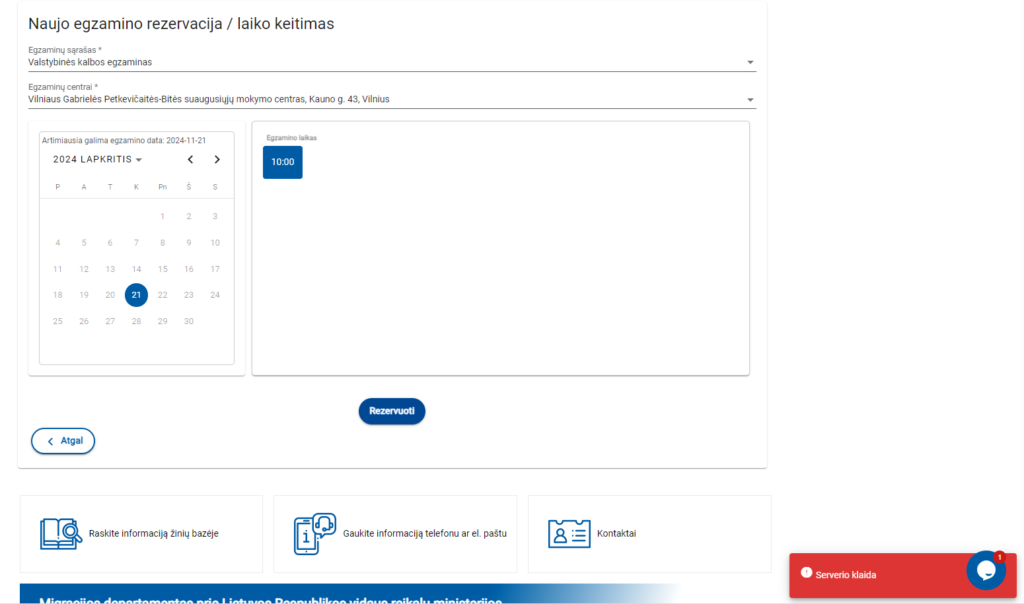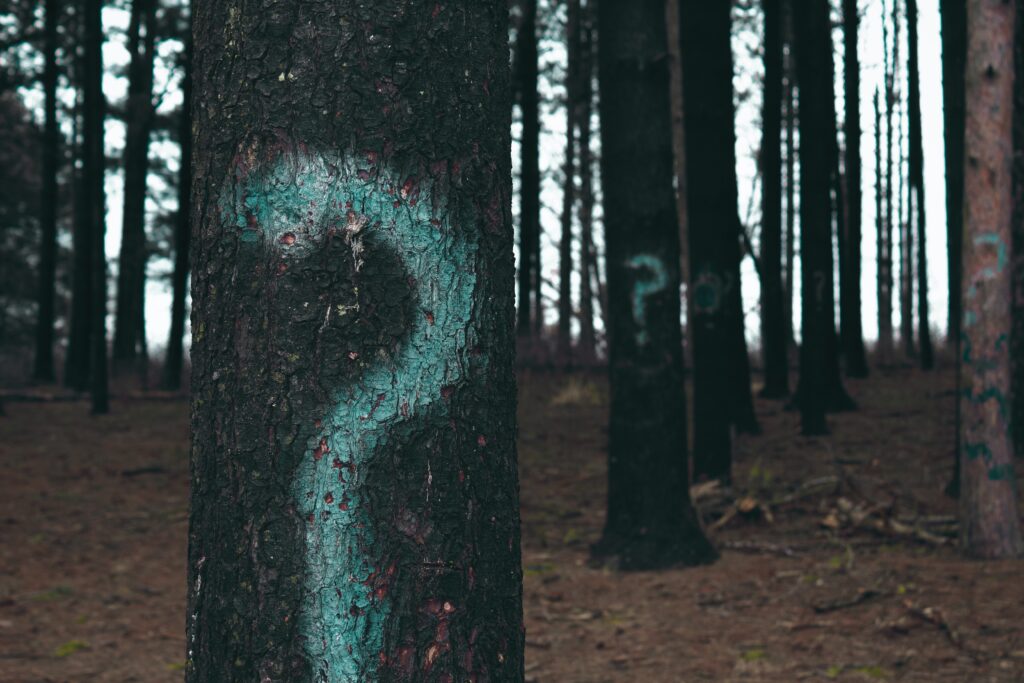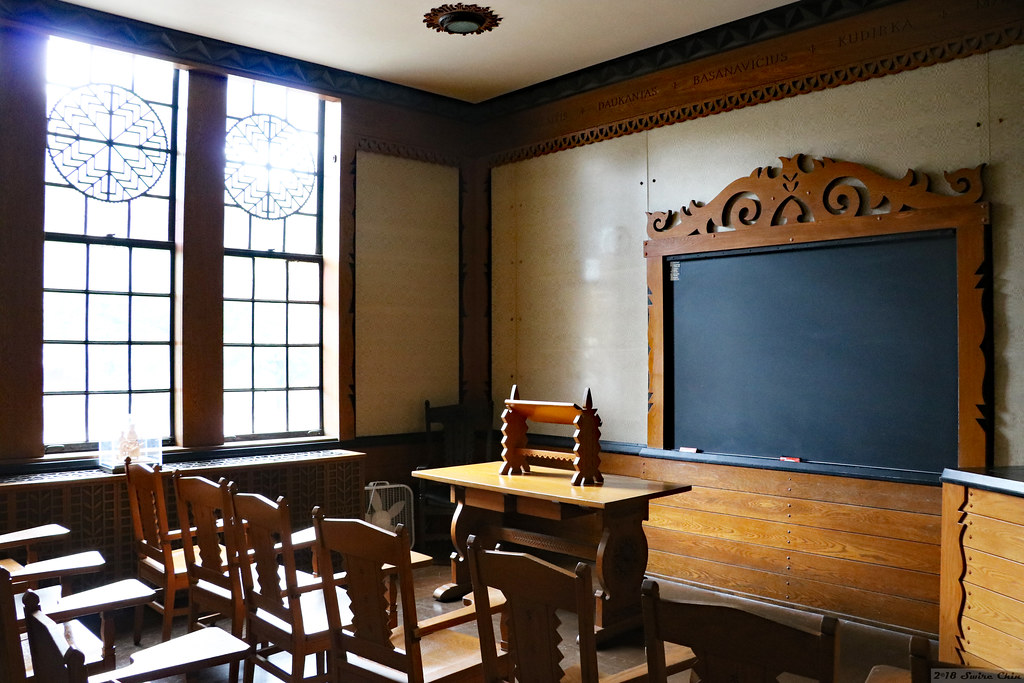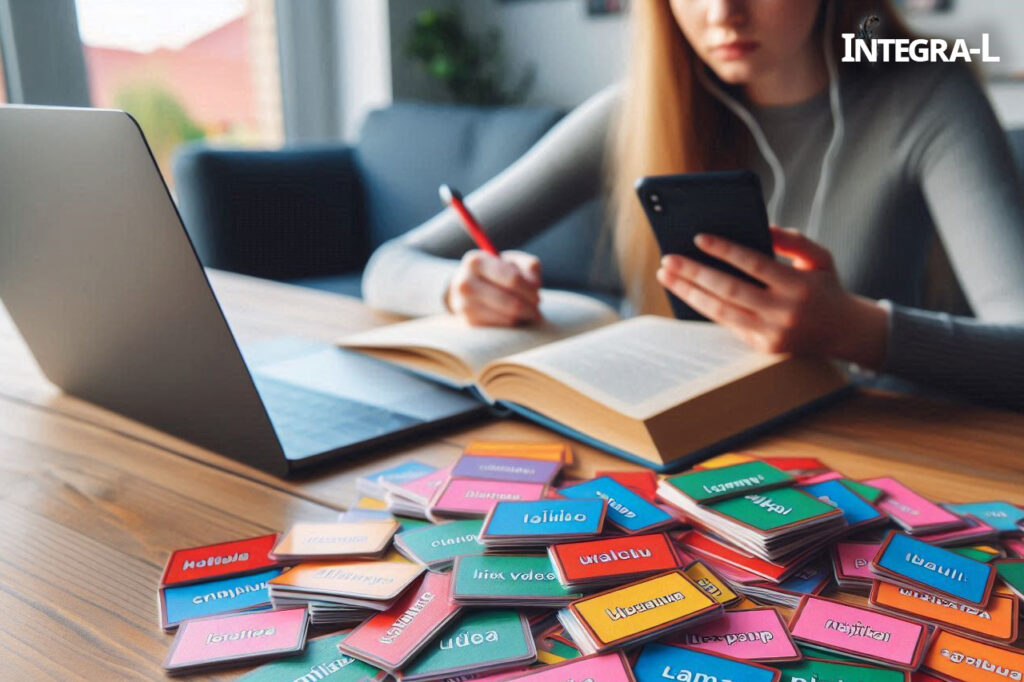Obtaining permanent residence and citizenship are some of the main reasons to take the Lithuanian language exam. It's hard to imagine, so that a person without a residence permit needs to submit it officially. However, what if, For example, the asylum seeker will learn the language and want to do so? Does he have such a right??
Since 1 January 2026 foreigners, serving clients, obliged will do it in Lithuanian. Also, many professions require a fairly high level. You can confirm your language proficiency, having passed the state exam by category or level. To do this you need to register for it..
How can I register for the exam??
- Via MIGRIS
- Via NŠA
Differences, exactly how to do this, no cardinal. However, you need to be careful when choosing the type of exam in NŠA. As we said, exam may be required for work, as well as for permanent residence and citizenship. You need to know exactly the requirements for your goal, since exams by category and level are not interchangeable.
Via MIGRIS you can also register for the Fundamentals exam Constitution.
Is it possible to do this without a residence permit??
- Register via MIGRIS, Unfortunately, impossible without personal code (personal code). The site will throw a server error.
- Do this through NŠA Can, but during the exam you must have a document with you, identification document.
After registration you must pay for the exam, unless you qualify for an exception.
Payment
When registering through MIGRIS, the cost of language and constitution exams will 29 And 14 euro, respectively.
In case of registration through NŠA, the cost is regulated 26 article of prescription “V-234 Regarding the level of knowledge of the Lithuanian language and (or) determination of the state language proficiency category, organization of exams, execution and payment and content of the certificate, confirmation of the form and description of the issuing procedure“.
Thus the asylum seeker (like any person who does not have a personal code), unable to register for exam via MIGRIS. But this can be done in the second official way - through NŠA.



